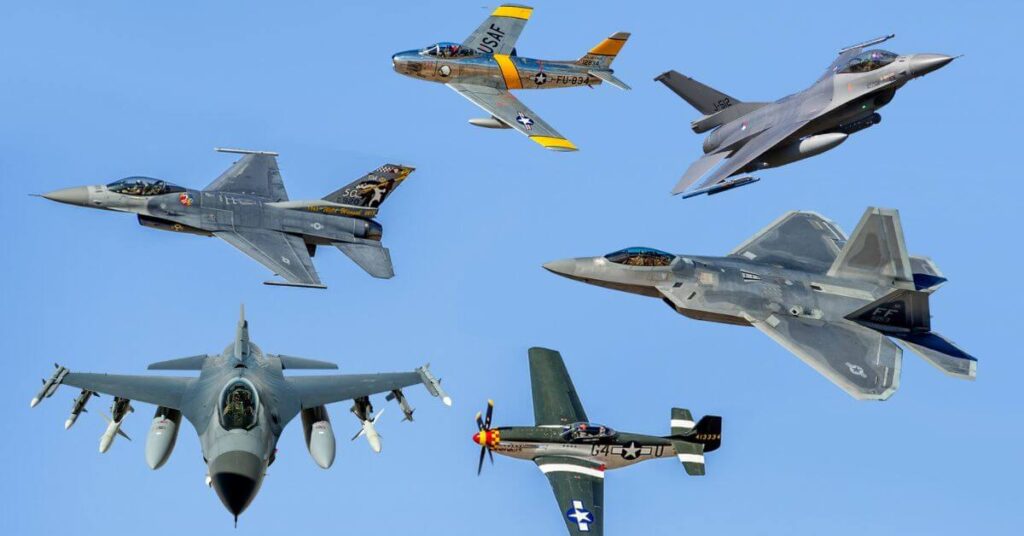Explore diverse career paths in military aviation. Learn about roles, responsibilities, and how to start your aviation career today.
The world of military aviation is as fascinating as it is complex. For many, it’s a realm filled with high-speed jets, cutting-edge technology, and a sense of duty that transcends personal ambition. If you’re an agricultural enthusiast, aerospace engineer, or someone keen on a military career, understanding the diverse roles within military aviation can open up a world of possibilities.
Table of Contents
Discover Your Flight Path
While popular media often highlights fighter pilots, the reality of military aviation is far more diverse. There are numerous career paths, each contributing to the mission’s success. From piloting aircraft to maintaining them and ensuring their safe operation, the field offers a myriad of opportunities for those passionate about aviation.
The Art of Flying
Becoming a pilot in the military is a prestigious and demanding career. It requires rigorous training, discipline, and an unyielding commitment to excellence. Whether flying combat missions, transporting troops, or conducting reconnaissance, military pilots are the backbone of air force operations. For those considering a civilian transition, obtaining a private pilot license in Dallas could be a stepping stone, providing foundational skills applicable in various aviation roles.
Engineering the Future
Aerospace engineers play a critical role in designing and developing advanced military aircraft. They ensure these complex machines perform optimally under extreme conditions. From developing stealth technology to improving fuel efficiency, aerospace engineers are instrumental in keeping military aviation at the forefront of innovation.
Maintenance and Mechanics
Behind every successful flight is a team of skilled technicians and mechanics. These professionals are responsible for maintaining aircraft, ensuring they are airworthy and ready for their next mission. Their work involves routine inspections, repairs, and upgrades, making them vital to the safety and success of military operations.
Navigating the Skies
Navigators are essential in ensuring aircraft reach their destinations safely and efficiently. They work closely with pilots to chart courses, account for weather conditions, and make real-time adjustments during flights. This role requires keen attention to detail and a thorough understanding of aerodynamics and meteorology.
The Role of Avionics
Avionics specialists are tasked with managing the electronic systems that control aircraft. These include communications, navigation, and radar systems. Their expertise ensures that all onboard systems function correctly, providing pilots with the information needed to execute their missions effectively.
Logistics and Support
A successful military operation relies on seamless logistics and support. Personnel in these roles manage the transportation of equipment, supplies, and personnel. They work to ensure that every mission has the resources required for success, coordinating efforts across land, sea, and air.
Air Traffic Control
Air traffic controllers in the military are responsible for managing the safe movement of aircraft both in the air and on the ground. They maintain constant communication with pilots, providing critical information and instructions to prevent collisions and ensure smooth operations.
Intelligence Operations
Intelligence officers gather and analyze data to provide valuable insights into enemy movements and potential threats. They use advanced technologies to process information and deliver actionable intelligence, aiding in the strategic planning of missions.
Medical Support
Medical professionals in the military aviation sector are crucial in providing care to personnel both in combat zones and at home bases. They are trained to deal with unique challenges, from treating injuries sustained in flight to managing the psychological effects of high-stress environments.
Cybersecurity in Aviation
With the increasing reliance on technology, cybersecurity has become a vital component of military aviation. Experts in this field work to protect sensitive information and systems from cyber threats, ensuring the integrity and security of military operations.
Pathways to a Military Aviation Career
For those considering a career in military aviation, there are multiple pathways to explore. Whether joining the armed forces directly or pursuing education in aerospace engineering, the opportunities are vast and varied. Each path offers its unique challenges and rewards, making it essential to align one’s passion with the right career choice.
Military aviation is a dynamic and rewarding field offering numerous career opportunities. Whether you’re an agricultural enthusiast interested in the technology behind crop-spraying aircraft, an aerospace engineer eager to design the next generation of fighter jets, or a military career seeker ready to serve, there’s a place for you in this exciting industry. To learn more about how you can transition your passion into a career, consider exploring opportunities such as obtaining a private pilot license in Dallas.

Pradeep Sharma is a author the mind behind Techjustify, where I craft insightful blogs on technology, digital tools, gaming, AI, and beyond. With years of experience in digital marketing and a passion for tech innovation, I aim to simplify complex topics for readers worldwide.
My mission is to empower individuals with practical knowledge and up-to-date insights, helping them make informed decisions in the ever-evolving digital landscape.


